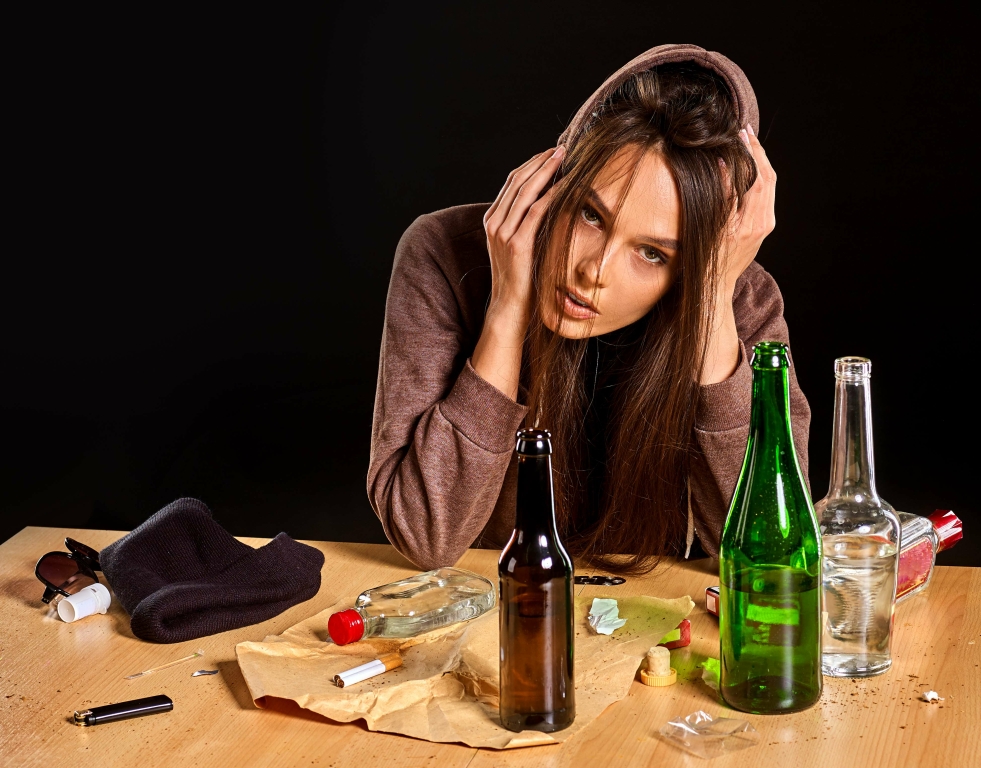Often, as the person tries to hide substance use from loved ones or minimize the way it has affected their life, they can fall deeper into substance use. People suffering from substance use disorder, or SUD, can eventually cause serious damage to their relationships, potentially losing them altogether. This is a vicious cycle, with SUD fueling loneliness and loneliness continuing to fuel SUD. Getting socially active by attending events, even if solo, and joining online or in-person groups related to your interests is a fast way to tackle loneliness. It boosts cortisol levels—a stress hormone—which can lead to high blood pressure, weight gain, muscle weakness, and trouble concentrating among other issues.
The Role of Compassion and Kindness in Addiction Recovery

Coping with loneliness requires deliberate effort and a multifaceted approach. Building or rebuilding a support network is fundamental—connecting with trusted friends, family, and recovery groups provides emotional backing and accountability. Staying engaged in activities such as volunteering, hobbies, exercise, or educational classes offers multiple benefits.
This journey will require patience and perseverance, but your hard work will pay off as https://ecosoberhouse.com/ you reach new heights and achieve your goals. External triggers, like being in environments where substances are available, activate craving pathways unconsciously. Internal cues, such as feelings of loneliness, depression, or anger, also pose risks. Medication-assisted treatment may be beneficial for some individuals, especially during initial detox and stabilization phases.
Recognizing whether high-stress moments, social situations involving substance use, or emotional states like loneliness or boredom are common triggers helps tailor your approach. We believe there’s always hope for recovery—and we’re here to connect you with the resources you need to be successful in your sobriety journey. Instead of denying or suppressing these emotions, acknowledging them helps individuals process their experiences and reduces internal conflict.
What Does Ss Mean In Context Of Life And Death?
Support groups like Alcoholics Anonymous (AA), Narcotics Anonymous (NA), SMART Recovery, or other 12-step alternatives can be life-changing during recovery. These meetings offer a safe space to share your thoughts, hear others’ experiences, and feel understood by people who truly get what you’re going through. The regularity of meetings helps create structure, and over time, familiar faces can become trusted allies in your journey. As individuals become more isolated, the feelings of loneliness intensify, pushing them further into substance use to temporarily escape emotional pain.
- Establishing meaningful social interactions is often the bridge to feeling connected.
- Over time, your fitness community can become another layer of support in your journey.
- Group therapy provides a safe space to share experiences, while volunteering or joining hobby groups helps meet new people who can relate to one’s journey.
- Support groups, reconnecting with friends and family, and engaging in community activities serve as vital tools in combating loneliness.
- Visiting parks, museums, cooking, or participating in community events can boost mood and promote a sense of accomplishment.
How benzodiazepine detox programs support recovery
Taking a class also provides opportunities to interact with others, especially when shared interests bring people together. Whether you’re early in the process or further along, here are 11 powerful ways to overcome loneliness during addiction recovery. Support groups such as Alcoholics Anonymous (AA) or Narcotics Anonymous (NA), as well as online communities, foster a sense of shared experience. Being part Substance abuse of a community that understands the journey can boost motivation and resilience.
It includes finding meaning in your recovery, setting new goals and dreams for your future, and believing in yourself again. Establishing a sense of purpose directs your life and helps you stay on track. Yes, it’s normal to feel lost in early sobriety, especially when dealing with mental illness alongside addiction. This feeling comes up as you adjust to not drinking or using drugs and explore life without them. The lack of access to support groups, sober living houses, and other traditional forms of loneliness in sobriety addiction treatment can make it difficult to connect with your peers in recovery.
This is crucial, as these people know what you’re going through because they’re going through it, too. You can relate to each other’s stories, and you can work through the toughest parts together. At New Method Wellness, we want to support our clients through every aspect of addiction recovery. That’s why our addiction therapy programs span a wide range of methods and approaches.
- Access State-Specific Provider Directories for detailed information on locating licensed service providers and recovery residences in your area.
- Support groups such as Alcoholics Anonymous (AA) and Narcotics Anonymous (NA) encourage individuals to share their experiences, offering mutual encouragement and advice.
- Consider becoming a peer mentor for organizations like Faces & Voices of Recovery.
- A person who’s lonely might seem withdrawn, avoid social gatherings, and exhibit signs of sadness or low energy.
Sober Recreational Activities
Making amends where needed and engaging in shared activities can rebuild trust and strengthen bonds. Regular contact with supportive family and friends—through calls, visits, or joint activities—can reignite connections. Participating in community groups, hobby clubs, or recovery support groups provides opportunities to meet likeminded individuals and form new supportive relationships. Volunteering not only offers a sense of purpose but also introduces individuals to others who share similar values. Over time, these practical steps help restore social support networks, which are crucial for emotional health and relapse prevention. Navigating emotional setbacks is an inherent part of the addiction recovery process.

There are many ways to safeguard your journey to battle these negative thoughts. You can learn how to overcome loneliness during addiction recovery with some practice, patience and determination. Recognizing these triggers allows you to develop strategies like avoiding certain places, practicing mindfulness, or using distraction techniques. Preparing a relapse prevention plan with personalized coping strategies reduces the likelihood of succumbing to these triggers. Emotional fluctuations are common during recovery, with feelings of happiness, sadness, anxiety, or anger sometimes overwhelming.
- This article explores practical strategies for overcoming isolation in recovery and highlights the importance of community and emotional wellbeing in maintaining sobriety.
- Seeking professional help is also vital if feelings of loneliness or emotional distress persist.
- Practicing self-care through journaling, meditation, and mindfulness enhances emotional resilience.
- Building and maintaining social connections, whether through support groups, family, or activities you love, is often the most effective way to beat loneliness.
The Role of Mindfulness in Cognitive-Behavioral Therapy for Addiction
Many individuals turn to substances like alcohol, drugs, or online activities to escape feelings of social isolation and emotional pain. These behaviors might initially provide a sense of comfort or confidence but often lead to dependence and increased withdrawal from social contacts. Social media can either help or hurt in recovery, depending on how you use it.
What Is The Heartfelt Story Of Healing And Hope
Both in-person and online meetings provide safe spaces to share, learn, and connect with others who understand your journey. Joining support groups such as Alcoholics Anonymous or Narcotics Anonymous fosters a sense of belonging and understanding. Follow the tips outlined in this article to start overcoming extreme isolation and loneliness. Perseverance is the belief in yourself that no matter how hard things get, you’ll keep going.
